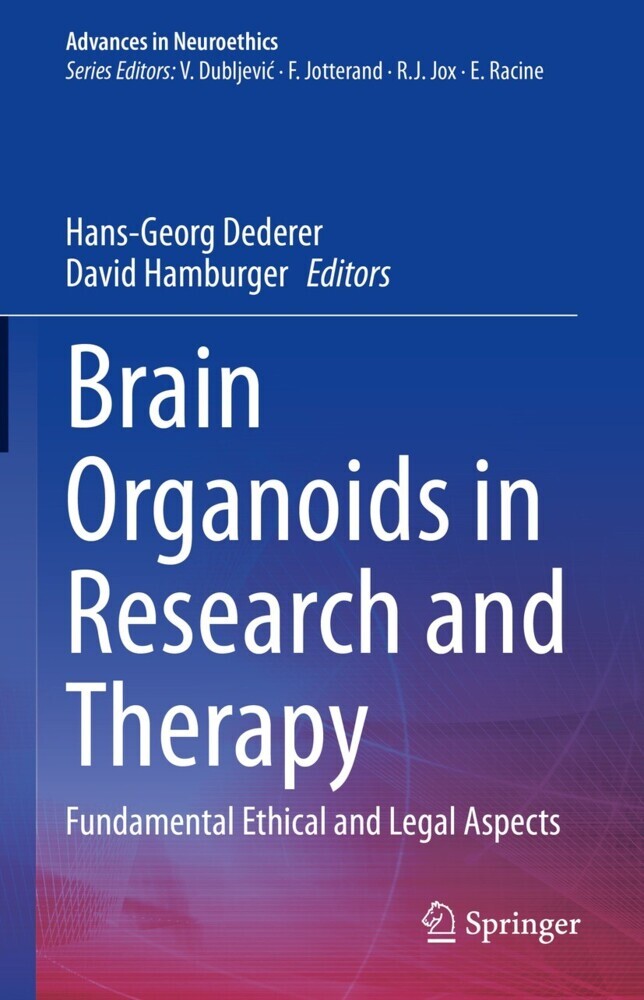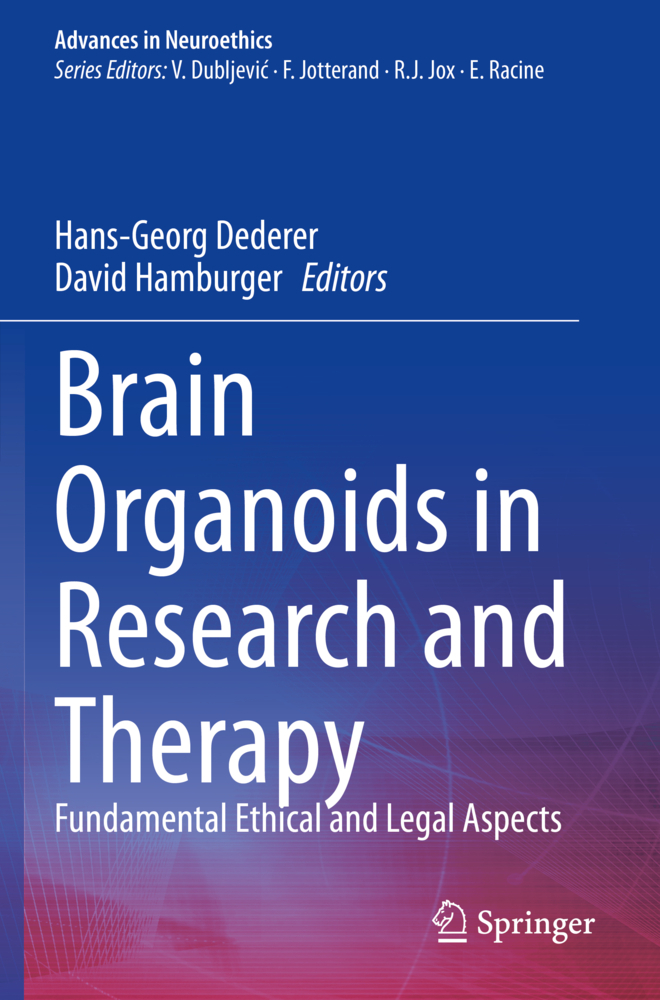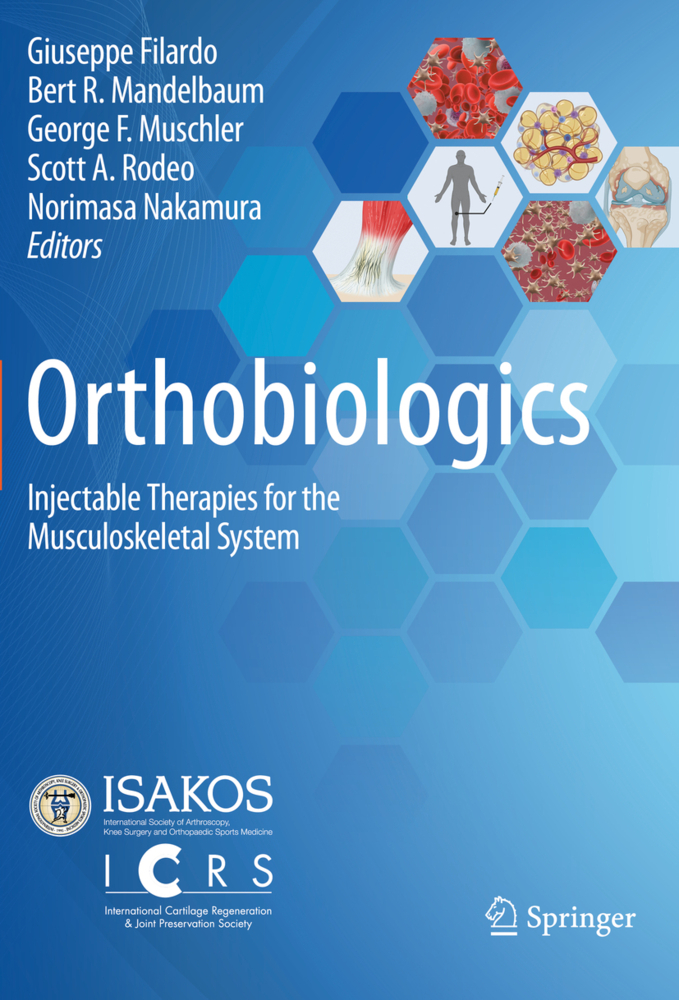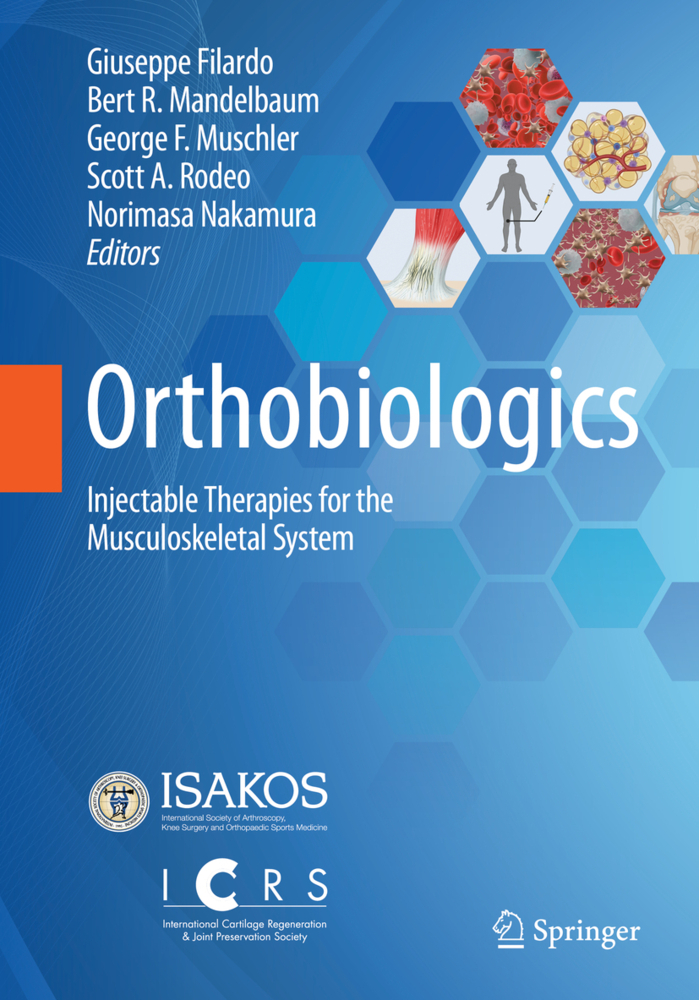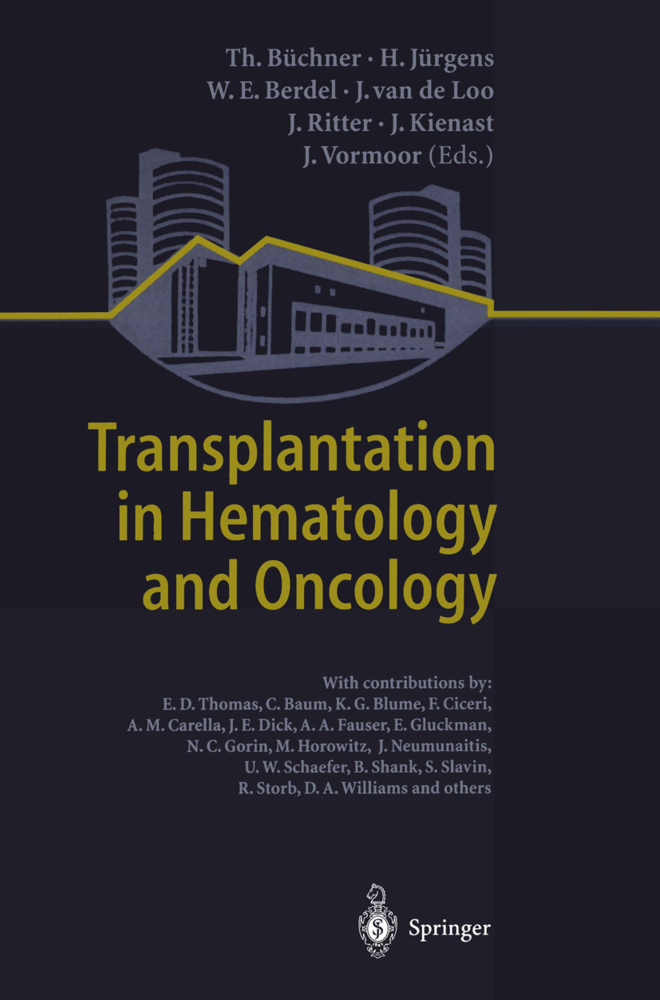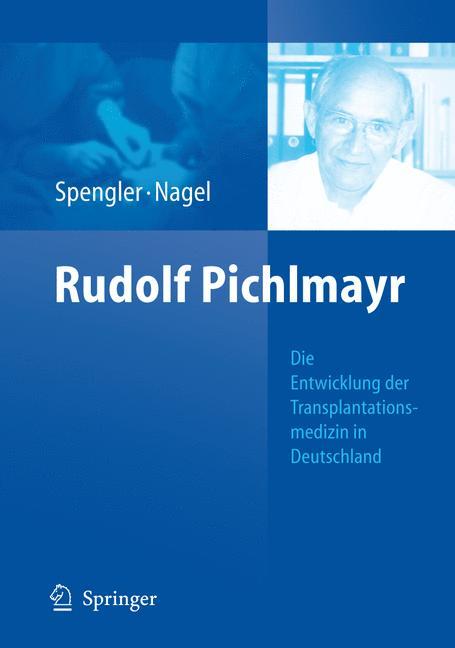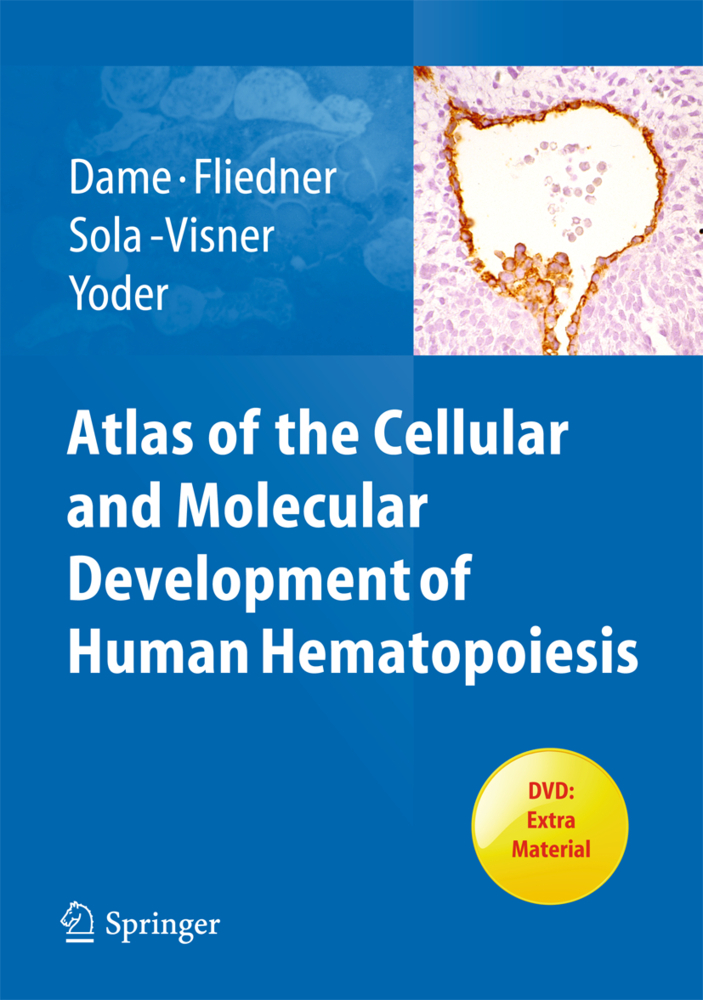Brain Organoids in Research and Therapy
This volume elucidates the pivotal ethical and legal issues arising from the use of brain organoids for research, therapeutic and enhancement purposes.
The function of the human brain is still a mystery. Until recently, only post-mortem tissue was available for a structural examination of the brain. Consequently, the examination results could only reflect the state at the end of life. However, in order to better understand the development and function of the human brain, dynamic and functional investigations of different human brain cells are necessary. This is where brain organoids, artificially grown in vitro miniature brains, provide the opportunity for more flexible research scenarios.
At the same time, however, the use of brain organoids in research and therapy raises the question of how these new entities are to be treated from an ethical and legal point of view. Against this background, this volume aims at clarifying the normative implications of the use of brain organoids in research and therapy. The ethical reflections on the status of brain organoids, informed consent, human-to-animal chimeras and neuro-enhancement are mirrored by corresponding legal analyses. The ethical and legal assessments are preceded by an introduction to the scientific and medical background of the brain organoid technology. A final chapter will be devoted to the issue of whether international harmonization of normative standards for brain organoid research and therapy is feasible and advisable.
Hans-Georg Dederer is Full Professor at the University of Passau and holds the Chair of Constitutional and Administrative Law, Public International Law, European and International Economic Law. His areas of research include biotechnology and biomedical law. Against that backdrop, he acted since 2010 as principal investigator of several interdisciplinary research projects funded by the Federal Ministry of Education and Research (BMBF). Those research projects dealt with ethical and legal issues of embryo protection, stem cell research and genome editing. From 2019 to 2023 he receives a grant by the Bavarian State Ministry of Science and the Arts for a research project on the legal and ethical implications of brain organoid technology. Hans-Georg Dederer is co-editor of a commentary on international biotechnology law and of the book series 'Life Sciences and Law' (LIT Publishing House). He is also a member of the Permanent Senate Commission on Genetic Research of the German Research Foundation (DFG).
David Hamburger is research associate at the Chair of Constitutional and Administrative Law, Public International Law, European and International Economic Law of the University of Passau. His research is focused on the regulation of the application of genome-editing in agriculture and medicine. From 2017 to 2019 he was part of a research project that reconsidered from scratch the EU's regulatory framework for genetically modified organisms (GMOs) in view of the latest biological insights into the genome editing techniques. Since 2019 his research shifted to an analysis of the legal framework for research and therapies with genome-edited brain cells which is part of a research project funded by the Bavarian State Ministry of Science and the Arts. David Hamburger is co-editor of a contributed volume on the regulation of genome-edited plants (Regulation of Genome Editing in Plant Biotechnology. A Comparative Analysis of Regulatory Frameworks of Selected Countries and the EU, Springer, Cham 2019).
Dederer, Hans-Georg
Hamburger, David
| ISBN | 9783030976415 |
|---|---|
| Artikelnummer | 9783030976415 |
| Medientyp | E-Book - PDF |
| Copyrightjahr | 2022 |
| Verlag | Springer-Verlag |
| Umfang | 271 Seiten |
| Sprache | Englisch |
| Kopierschutz | Digitales Wasserzeichen |

